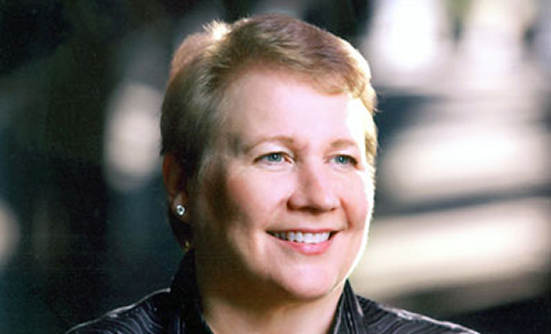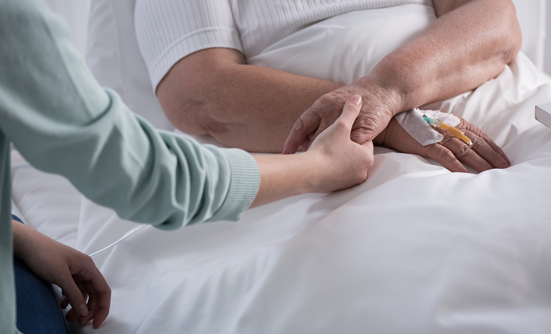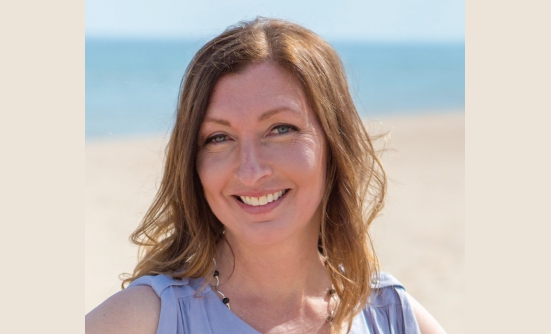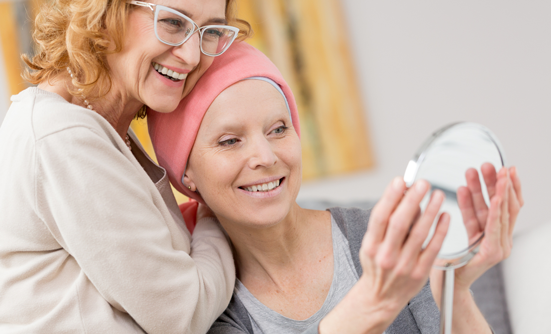June 2016 Vol 2 No 3

Welcome to the June issue of CONQUER! Get ready to sit down, prop your feet up, and begin reading! This issue is packed with inspiration, wisdom, new knowledge, and good advice for patients undergoing cancer treatment, those who have completed treatment, and those with advanced cancer. Read More ›
We all hope for a cure and for the best possible outcome. However, there may be a time when cure is no longer possible, and the goal then shifts to treating symptoms and controlling the cancer. Read More ›
A moving message by Ginger Modiri, a breast cancer survivor. Read More ›
Melanoma is among the 3 most common types of skin cancers; 1 in 50 Americans will have melanoma in their lifetime. Brush up on the risk factors, symptoms, and treatment options. Read More ›
A cancer diagnosis brings a flood of concerns from several unexpected areas. Would you believe one of those areas could be your mouth? Read More ›
Few people are prepared for the financial burdens that can be associated with chronic illness, which is particularly true of cancer. The financial burden of cancer treatment in the United States is approximately $20,000 to $30,000 annually in out-of-pocket costs to the patient. Read More ›
Multiple myeloma is a rare blood cancer that causes white blood cells to over produce, preventing healthy blood cells to grow in the bone marrow. The abnormal cells develop into cancerous cells that affect the kidneys and other organs, and lead to bone problems and infections. Read More ›
By Luann Keyes
April 10, 2008 was the day Luann Keyes became a survivor, a date she refers to as her "Cancerversary." Read More ›
Many cancer treatments are associated with side effects that affect the physical appearance of hair, nails, and skin. However, not all cancer-fighting drugs cause complete hair loss (called alopecia). Read More ›
By Chase Doyle
In 2002, Diane Heditsian was 48 years old, raising 2 children, running a life science communications firm with her husband of 23 years, and planning a walking tour of Tuscany, when she was first diagnosed with breast cancer. Read More ›
Page 1 of 2
- 1
- 2














